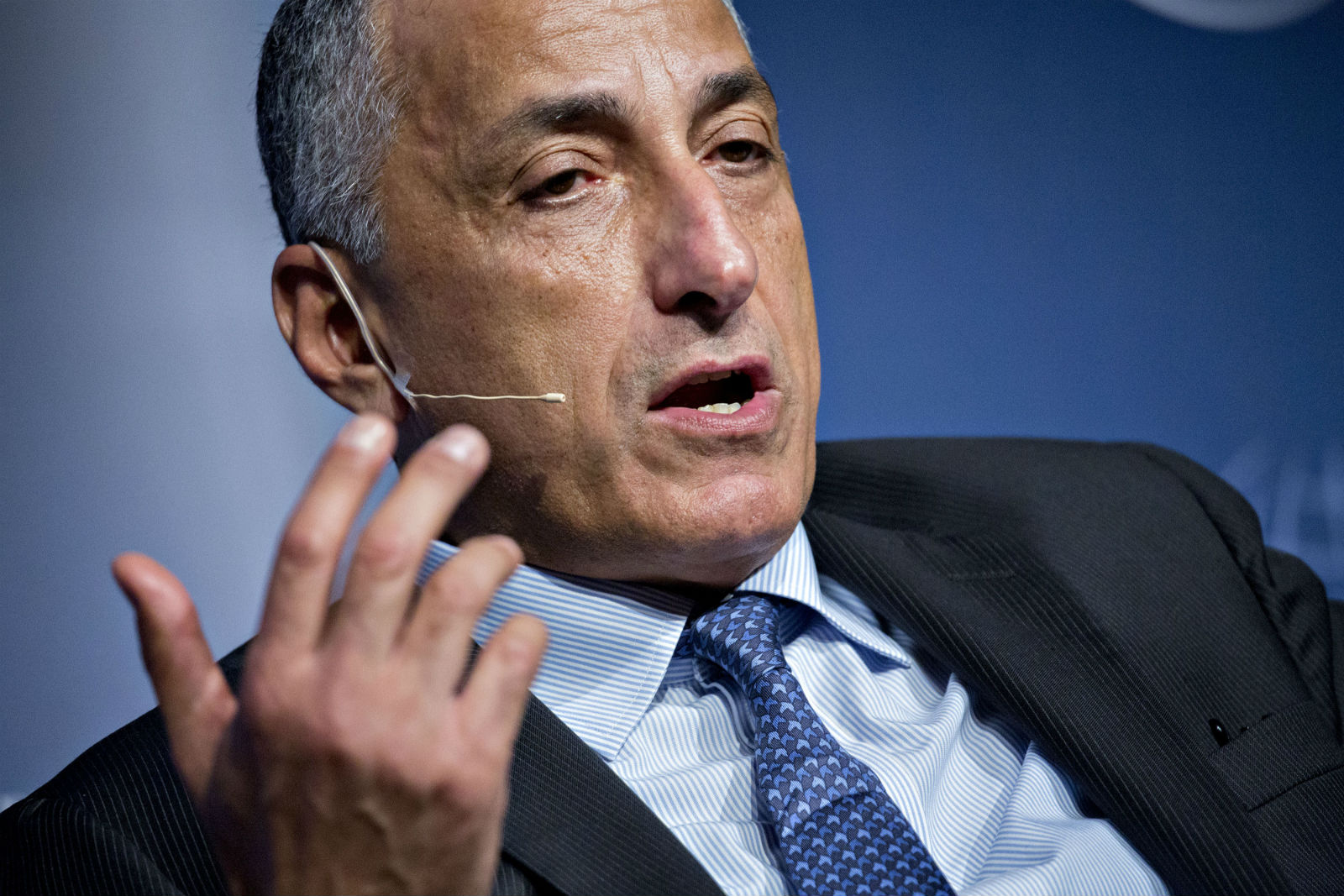Central Bank of Egypt committed to liberalized FX market, EGP will see volatility natural, Amer says

We’re going to see more volatility in the EGP exchange rate, central bank’s Amer says: You can expect to see the long-stable EGP move around a bit against key currencies after the scrapping of a parallel central bank mechanism that guaranteed foreign investors could repatriate FX, CBE Governor Tarek Amer told Bloomberg yesterday. The CBE wound-down last month its parallel foreign exchange repatriation mechanism for new portfolio investment, although those already invested here though the system can continue to use it until they wind down their positions. The mechanism was in place as a confidence-boosting measure but is no longer needed after Egypt rebuilt its reserves in the two years after the float of the EGP.
While the EGP can now move more freely, there’s downward pressure. The scrapping of the parallel mechanism, alongside the Finance Ministry’s scrapping of the discounted customs exchange rate for non-essential imports, could help put downward pressure on the EGP, Capital Economics recently suggested, saying that the next move could see “a reduction of backdoor FX intervention.” The EGP is set to slide modestly against the greenback by year-end, the researchers noted.
Was the CBE propping up the currency? There had been speculation, initially from Capital Economics and soon after by Reuters, that the CBE was pushing state-owned banks to prop up the EGP. Despite last year’s emerging markets selloff, the currency was stuck at around EGP 18 to the greenback.
Amer is adamant the central bank isn’t intervening to protect the EGP: The bank is committed to a liberalized foreign exchange market, but “we have reserves that help us to confront any speculators or disorderly market practices,” Amer said. Reserves are used as a means of supporting the new currency regime, which is also meant to maintain attractive yields for foreign debt holders, he added. Egypt’s improved FX reserves position and a healthier current account — higher remittances, travel receipts and exports, and stable credit rating, as well as a strategy to diversify financing sources — helped the EGP stay upright, he noted. “A lack of financial derivatives in the market had also offered shelter.”
The wider EM sell-off saw us losing some USD 10 bn in outflows, but Egypt has a stock of portfolio investments north of USD 10 bn, Amer also said, adding that January is set to be the first month of net positive inflows for Egypt since May 2018.
Egypt expects to receive the next tranche of the USD 12 bn IMF loan in late January or early February, saying “we’ve agreed on everything. The reform program is on schedule and we are committed to completing it successfully.” Keep an eye here on the agenda for the IMF board’s upcoming meetings for the next clue on a date.
The CBE is pulling out all the stops to maintain foreign reserves: It extended the tenor of USD 2 bn zero-interest deposit from Saudi Arabia that was due last July for another year, but with 3% interest, Al Mal reports. The Central Bank also agreed to restructure the tenor of another USD 2 bn of Saudi deposits that should have been repaid over three yearly installments starting April 2018; payments will instead begin in 2019. That’s good news for foreign reserve watchers, who saw the country’s stock of USD fall in December for the first time since it floated the currency in November 2016. Reserves eased to USD 44.513 bn on the back of year-end interest payments made to foreign t-bill investors as well as interest payments and arrears owed to other countries.